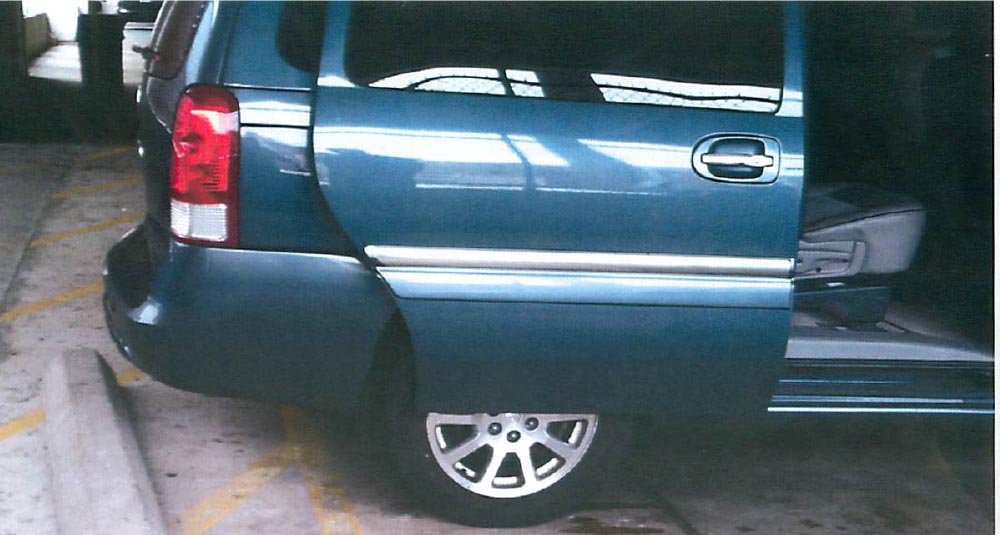Personal Injury Law- Appellate Court Reinstates Jury’s $550k
- Home /
- Case /
- Personal Injury Law- Appellate Court Reinstates Jury’s $550k

Personal Injury Law – On October 16, 2013, Mary Ann Greblewski tripped and fell over a concrete wheel stop in Highland Hospital’s parking garage in Rochester. Ms. Greblewski, then 80 years old, sustained shoulder injuries and sued the hospital claiming that the premises was dangerous because there was inadequate lighting in the garage and the wheel stop was improperly positioned, as it extended into the pedestrian walkway.
The hospital sought pre-trial dismissal of the case arguing that the wheel stop was in its proper position, the garage was adequately illuminated and, in any event, the wheel stop was open and obvious. The motion was denied and the case proceeded to trial at which the Chemung County jurors found the hospital fully at fault for the accident and they awarded plaintiff pain and suffering damages in the sum of $550,000 ($250,000 past – three years, $300,000 future – 10 years).
The trial judge determined that the award was excessive and ordered a reduction to $225,000. In Greblewski v. Strong Health MCO, LLC (3d Dept. 2018), the liability verdict was affirmed and the jury’s $550,000 award was reinstated.
After she fell, plaintiff was taken by stretcher to the emergency room where x-rays of her left shoulder disclosed that she’d sustained a four-part fracture of her proximal humerus.
Initially treated with a sling for six weeks and assisted by home health aides, Ms. Greblewski then underwent a 12 week course of physical therapy. At the time of trial, she was still in some pain but had significant deficits and disabilities including:
A significant element of of the damages testimony presented at trial was plaintiff’s loss of enjoyment of life and emotional pain and suffering caused by her inability to care for her daughter Cathy who has had cerebral palsy since birth, is confined to a wheelchair and requires assistance with all activities of daily living. Plaintiff had been Cathy’s primary caregiver – “her greatest joy and greatest duty.”
The defense argued that the trial judge’s reduction of the damages award did not go far enough because plaintiff did not require shoulder surgery (she was not a good candidate due to her age). In response, plaintiff argued that the fact that she was not a surgical candidate does not diminish the value of her case; rather, it enhances it because plaintiff did not have the option of surgical intervention to help her regain mobility in her shoulder joint.
The jury found that Mr. Coleman did not sustain a serious injury under either the permanent consequential limitation of use or the significance limitation of use categories under Insurance Law Section 5102 but that his injury did meet the threshold under the 90/180-day category.
Therefore, the appellate court held that the jury acted reasonably in declining to award any future pain and suffering damages. The court did, though, increase the damages award for past pain and suffering.
Mr. Coleman testified at trial that he’d never before injured or had complaints or treatment with respect to his knee but on cross-examination he was confronted with his pre-trial deposition in which he admitted that he had complained about his knee to doctors at the hospital where he worked (for 30 years in waste management), received injections and was told to lose weight. The defense harped on these facts in summation and portrayed Mr. Coleman as a liar. Plaintiffs’ counsel attributed the testimony to his client’s nervousness and confusion on the stand.
If you have been involved in any kind of accident – call Attorney Neil Redmond on his Mobile Phone 646-285-7115 for a free consultation.